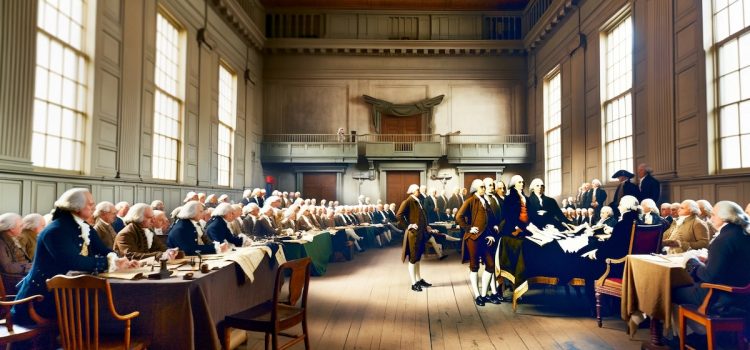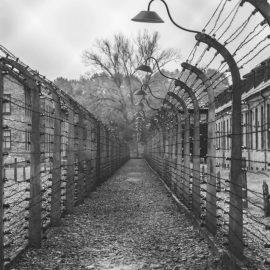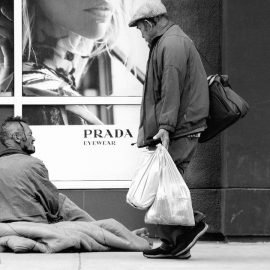
What have been the consequences of slavery and segregation in America? How has this violence against African Americans impacted the Black community today?
The consequences of slavery and segregation include enduring violence against Black Americans and racial discrimination. This includes discrimination by police and judicial systems.
Here’s more on how racism manifests today, from the book Between the World and Me by Ta-Nehisi Coates.
Systemic Racism and Violence
In his book Between the World and Me, Ta-Nehisi Coates examines how slavery, segregation, and oppression have influenced the current state of America. He explores how race has been perceived as an undeniable characteristic inherent to the natural environment, which in turn fosters racism. In the United States, there is a legacy deeply entrenched in slavery, segregation, and oppression.
The history of the United States is rife with slavery, theft, and torture, conflicting with the country’s supposed democratic ideals. The effects of slavery, segregation, and oppression have lead to enduring violence and systemic difficulties for Black Americans.
In his book, Coates explores how slavery profoundly influenced Manhattan’s economic hub in particular, noting that regions once used for the sale of African American slaves are now dominated by business entities. This demonstrates how slavery benefited some while disastrously harming others.
Brutality and Stripping of Humanity From Black Individuals
Violence against Black individuals has become normalized in America. In his book, Coates reflects on the normalization of violence in his community, where murder posed a danger not only to those specifically targeted but also to innocent bystanders, including children and family members.
The author connects his personal fear to the broader trend of brutality toward and dehumanization of Black people. He underscores the importance of protecting Black people’s physical well-being, and of protecting Black people’s culture and spiritual well-being as well.
Law Enforcement and Racism
Coates emphasizes how police perpetuate racism and violence against Black Americans. An example is the tragic death of Prince Jones, killed by police in the year 2000 in Virginia. In this case, as in many others, we see both unjust actions on the part of a police officer as well as a judicial system that fails to hold them accountable.
The author investigates the involvement of Black law enforcement and politicians in the tragic demise of Prince Jones, emphasizing how state institutions contribute to the perpetuation of systemic racism even when Black people are in those roles. Coates characterizes the officer responsible for Prince Jones’s death as a “tool employed by the American public,” emphasizing the role of the government in violent actions against Black individuals.
Downplaying of the African American Experience by “Dreamers”
The “Dream” refers to an idealized version of American society that often ignores or downplays the systemic racism and struggles faced by Black individuals. It represents a narrative that perpetuates a false sense of equality and opportunity while disregarding the harsh realities of racial discrimination and violence. In his book, Coates challenges this notion by highlighting how this view fails to acknowledge the lived experiences and historical injustices endured by Black Americans.
(Shortform note: Systemic racism refers to institutional practices that perpetuate racial discrimination. It is ingrained in societal structures like laws, policies, and practices, leading to unequal treatment based on race. This perpetuation can occur through various means, such as biased law enforcement practices or discriminatory policies. Understanding systemic racism involves recognizing how historical injustices continue to impact marginalized communities today.)






